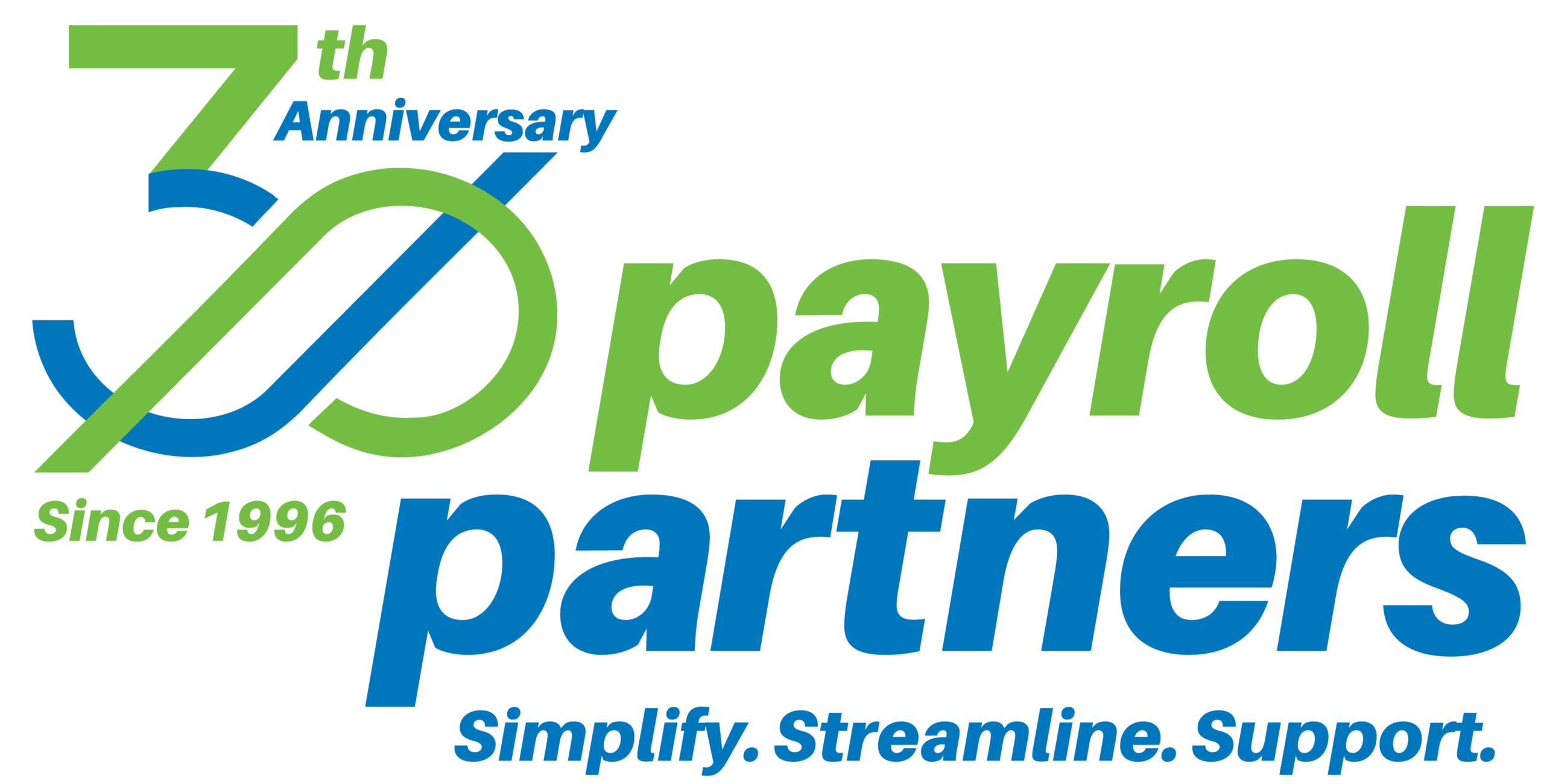WASHINGTON — The Internal Revenue Service issued interim guidance for sponsors of 401(k) and similar retirement plans that provide, or wish to provide, matching contributions based on eligible student loan payments made by their participating employees.
Notice 2024-63, posted today on IRS.gov, implements section 110 of the SECURE 2.0 Act of 2022, which for the first time permits employers to provide matching contributions for employees based on their payments on student loans.
The 2022 legislation permits employers with a 401(k) plan, 403(b) plan, governmental 457(b) plan or SIMPLE IRA plan to provide matching contributions based on student loan payments, rather than based only on elective contributions to retirement plans, in plan years beginning after Dec. 31, 2023.
Using a question-and-answer format that includes several illustrative examples, the notice addresses a variety of plan-administration issues. Among other issues, the notice addresses:
- General student loan matching contribution eligibility rules (including dollar and timing limitations).
- What is required for an employee certification that student loan matching contribution requirements have been met.
- Reasonable student loan matching contribution procedures that a plan may adopt.
- Special nondiscrimination testing relief for 401(k) plans that include student loan matching contributions.
The notice applies for plan years beginning after Dec. 31, 2024. In the notice, the IRS said it plans to issue proposed regulations providing further guidance on section 110, but that plan sponsors may rely on the notice until the proposed regulations are issued.
The IRS welcomes public comments on this notice, which provides details on how to submit comments.
Original content by irs.gov. This information is provided with the understanding that Payroll Partners is not rendering legal, human resources, or other professional advice or service. Professional advice on specific issues should be sought from a lawyer, HR consultant or other professional.

